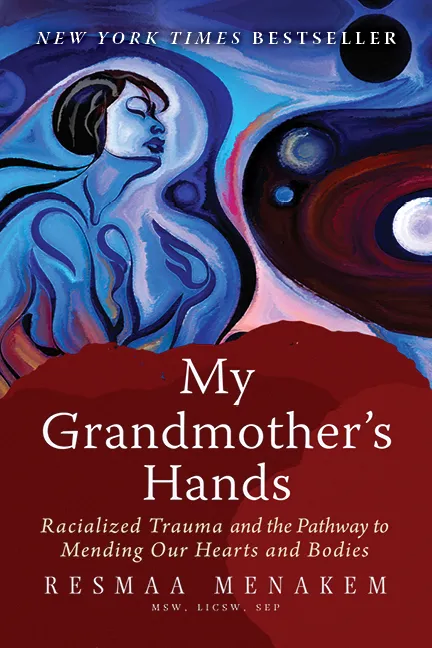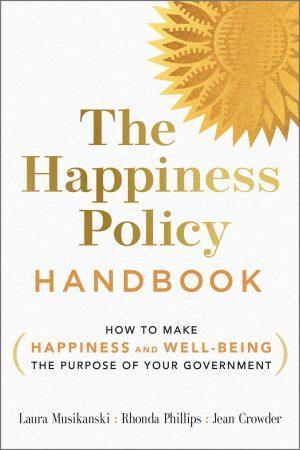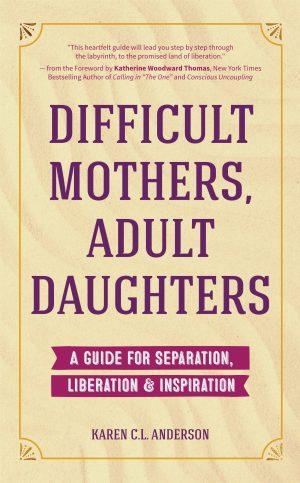- You cannot add another "Transforming Trauma in Children and Adolescents" to your basket. View basket
My Grandmother’s Hands
0,00 €
| Language of origin | |
|---|---|
| Publication date | |
| Infos : | 9 × 6 × 2 in |
“My Grandmother’s Hands will change the direction of the movement for racial justice.”— Robin DiAngelo, New York Times bestselling author of White Fragility
In this groundbreaking book, therapist Resmaa Menakem examines the damage caused by racism from the perspective of trauma and body-centered psychology.
The body is where our instincts reside and where we fight, flee, or freeze, and it endures the trauma inflicted by the ills that plague society. Menakem argues this destruction will continue until Americans learn to heal the generational anguish of white supremacy, which is deeply embedded in all our bodies. Our collective agony doesn’t just affect African Americans. White Americans suffer their own secondary trauma as well. So do blue Americans—our police.
My Grandmother’s Hands is a call to action for all of us to recognize that racism is not only about the head, but about the body, and introduces an alternative view of what we can do to grow beyond our entrenched racialized divide.
- Paves the way for a new, body-centered understanding of white supremacy—how it is literally in our blood and our nervous system.
- Offers a step-by-step healing process based on the latest neuroscience and somatic healing methods, in addition to incisive social commentary.Sensitive and probing, this book from therapist Menakem delves into the complex effects of racism and white privilege. Departing from standard academic approaches, he speaks from the wisdom of his grandmother and his own expertise in somatic therapy, a field that emphasizes the mind-body connection—Publisher’s WeeklyAn exceptionally thought-provoking and important account that looks at race in a radical new way. For all readers—Library Journal (starred review)An extremely interesting approach and a much-needed paradigm shift in the treatment of racialized trauma.—NY Journal of Books
Though the highly-charged subject-matter might ordinarily be controversial in nature, this text is written in a non-confrontational style apt to disarm, engage and enlighten readers, regardless of color or political persuasion. Kudos to Resmaa Menakem for such a sorely-needed seminal work which couldn’t be more practical or more timely, given this bitterly-divided country’s current state of race relations.—The Harlem Dispatch






